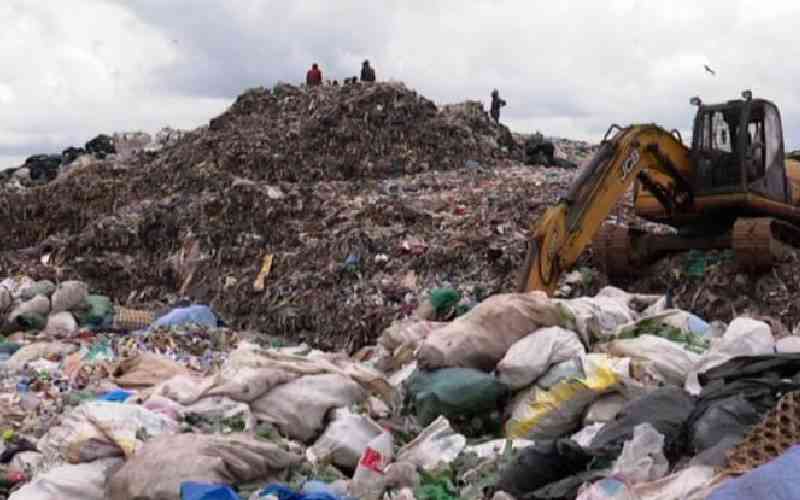×
The Standard e-Paper
Home To Bold Columnists

Behind Nairobi's sprawling metropolitan area is a growing mass that screams the failure of governance and a testament to how the marginalised are being mistreated.
Dandora dump site, within the heart of one of Nairobi's largest slums, is an example of the environmental injustice resulting from a cycle of negligence, poverty, health hazards, and ignorance and unwillingness from residents.







